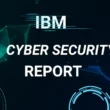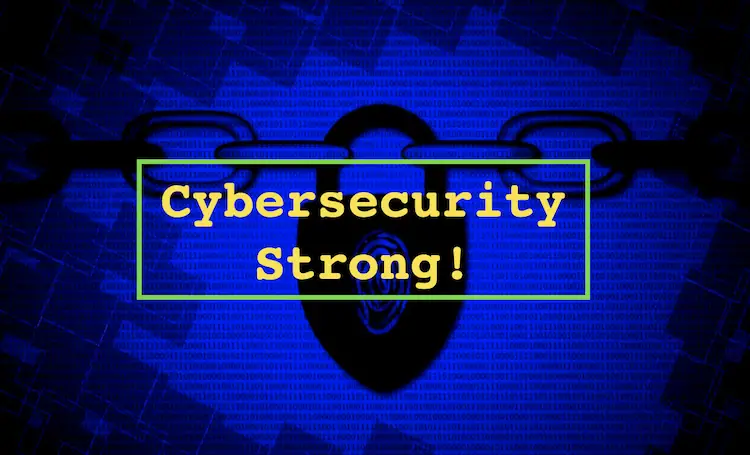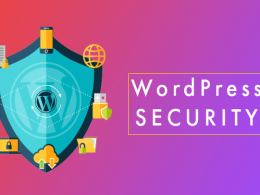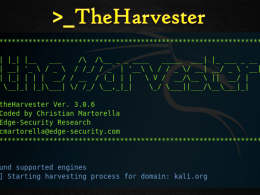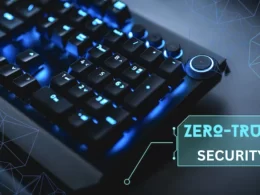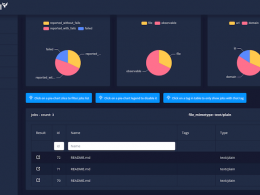The importance of cybersecurity in modern life is evident as more and more of our personal and professional lives are conducted online. We have become increasingly dependent on the internet for a variety of activities, including banking and shopping, communication and entertainment. The increased use of technology does, however, carry with it an increased risk of cyber-attacks and other security vulnerabilities.
To protect yourself, it’s important to take steps to keep your cybersecurity strong. Here are ten ways to do this.
1. Use a strong and unique password:
One of the easiest and most effective ways to protect your online accounts is to use a strong and unique password. Use a combination of letters, numbers, and special characters, and avoid using the same password for multiple accounts.
2. Enable two-factor authentication:
Two-factor authentication adds an extra layer of security to your online accounts by requiring you to provide a second form of identification, such as a security code sent to your phone and your password. It becomes much more difficult for hackers to gain access to your account.
3. Keep your software and devices up to date:
Regularly updating your software and devices can help protect you from security vulnerabilities and malware. Make sure to install updates as soon as they become available, and consider using automatic updates to ensure that your devices are always up to date.
4. Use a firewall:
A firewall is a security system that monitors and controls the incoming and outgoing network traffic based on predetermined security rules. Enabling a firewall on your devices can help prevent unauthorized access and protect your information.
5. Be cautious when clicking links:
Cybercriminals often use email and social media to spread malware and phishing scams. Be careful when clicking links, and avoid opening attachments or downloading files from unknown or suspicious sources.
6. Use a virtual private network (VPN):
A VPN encrypts your internet connection and hides your IP address, making it more difficult for hackers to track and target you. Consider using a VPN when accessing public Wi-Fi networks or conducting sensitive activities online.
7. Be careful when sharing personal information:
Be cautious when sharing personal information online, and only provide it when necessary and to trusted sources, including information such as your name, address, and date of birth.
8. Use security software:
Security software, such as antivirus and anti-malware programs, can help protect your devices from malicious software and attacks. By using security software on all of your devices, make sure to keep it up to date.
9. Back up your data:
Regularly backing up your data can help protect against data loss in the event of a cyber-attack or other disaster. Consider using an external hard drive or cloud-based storage service to back up your data regularly.
10. Be aware of current security threats:
Stay informed about current security threats and be on the lookout for warning signs, such as suspicious emails or unexpected requests for personal information. It can help you identify and avoid potential security risks.
These steps can help keep your cybersecurity strong and protect your information online.


